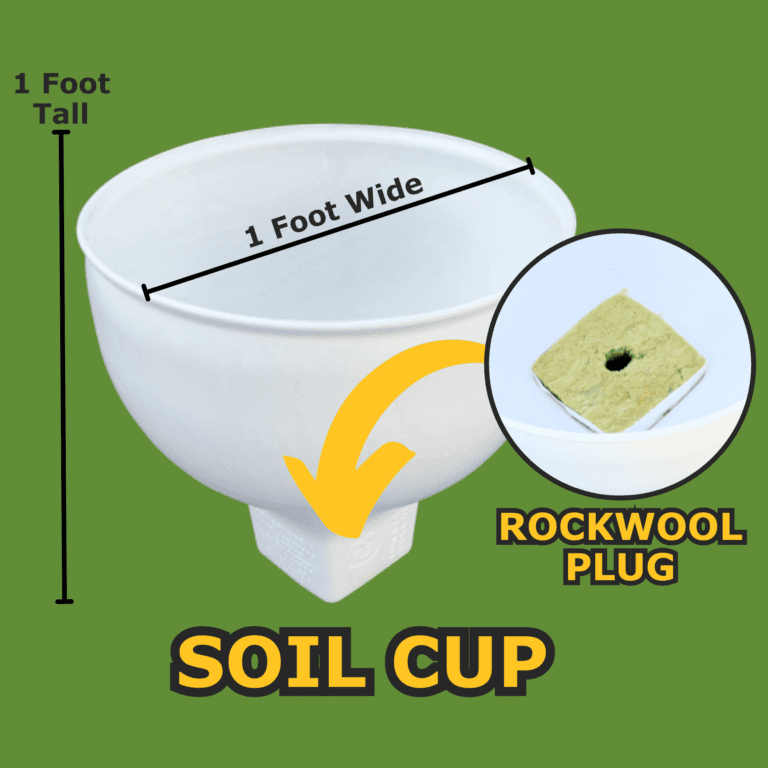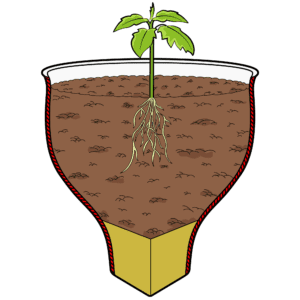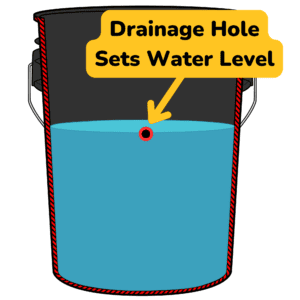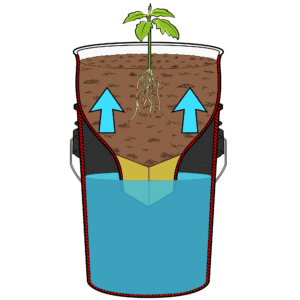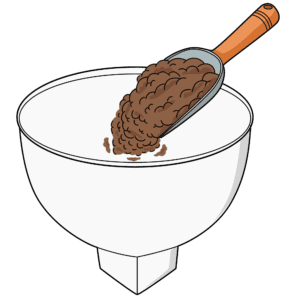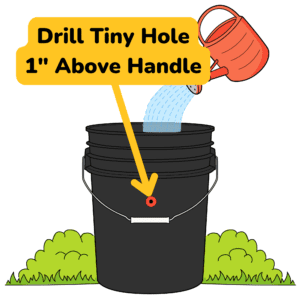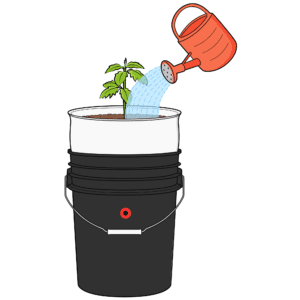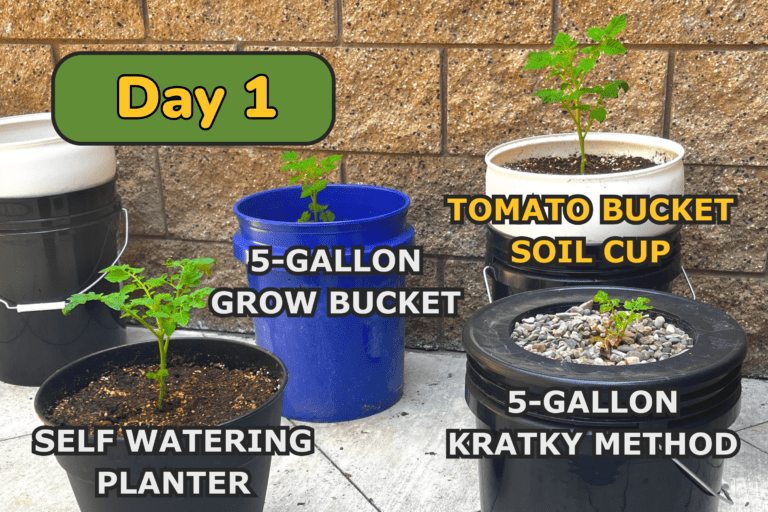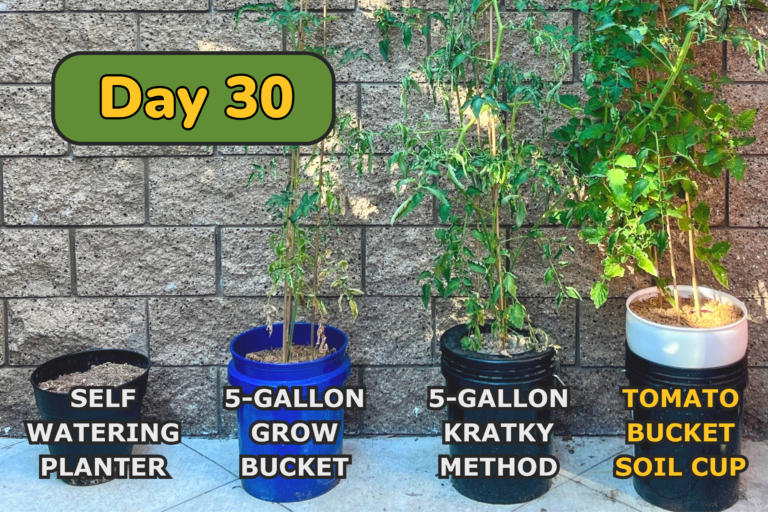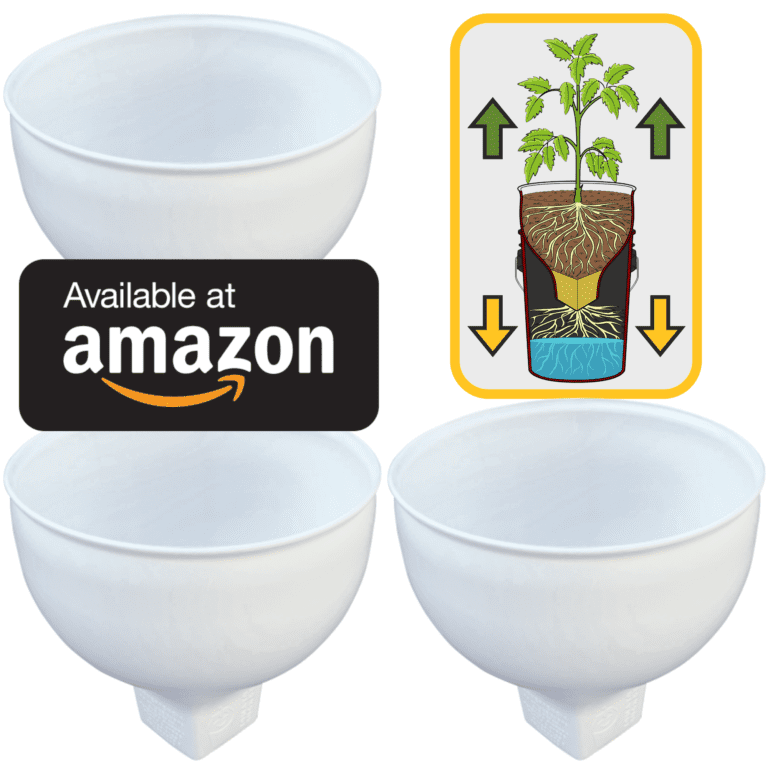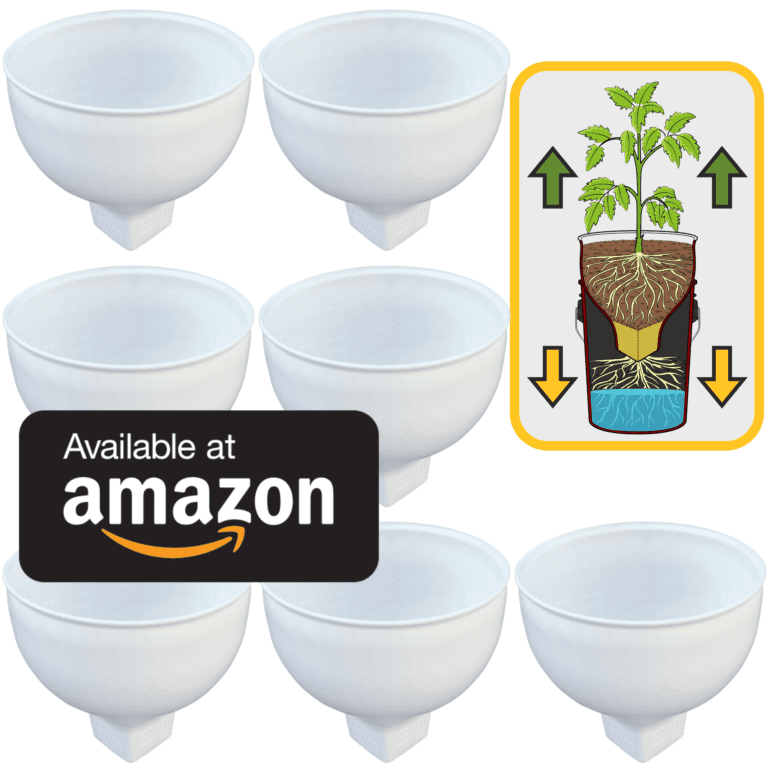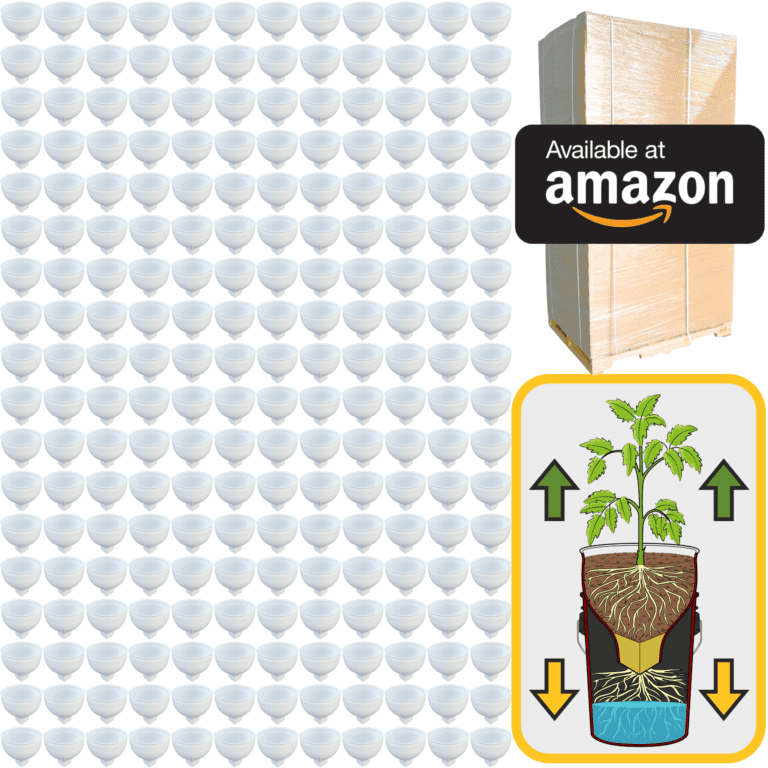Gardening can seem intimidating at first. You may look at a garden filled with blooming flowers or thriving vegetables and wonder how on earth to get started. But here’s a secret: gardening isn’t complicated. It’s as natural as the plants themselves, and like anything worthwhile, it’s something you learn step by step. If you’re new to gardening, the first thing to know is that every garden starts with curiosity, a little patience, and a willingness to learn from the plants themselves. Trust me, they are good teachers.
I didn’t start out knowing all the things I do today. My first garden was a small patch in my backyard, and I made more mistakes than I can count. I overwatered, I underwatered, I planted things in the wrong spots, and I had no idea about soil quality. But what kept me going was the pure joy of watching something grow—of knowing that I had a hand in it. Whether it was a few herbs in pots or a row of tomatoes, every new sprout or leaf was like a little victory. And that’s the thing about gardening: it rewards your attention and care in ways you might not expect. It’s not just about having a beautiful garden; it’s about the journey of growing it.
The key to starting your gardening journey is to get comfortable with the basics. Plants, like all living things, need certain things to survive: sunlight, water, nutrients, and space to grow. The good news is that plants are pretty resilient. They don’t need perfection; they just need the right balance. If you’re willing to give them that, they’ll do the rest. You don’t need to be a plant expert to get started. Begin with a few easy-to-grow plants that match the conditions of your space—whether it’s a windowsill, balcony, or backyard. As you care for them, you’ll naturally start to learn more.
One of the most important lessons I’ve learned over the years is that gardening is all about observation. Plants have their own way of communicating. If a plant’s leaves are turning yellow, it’s trying to tell you something—it might need more light or perhaps some nutrients. If a plant starts drooping, it’s often a sign that it’s thirsty. These little signals are your plants’ way of showing you what they need, and the more you observe, the more you’ll begin to understand them. This process isn’t about knowing everything at once; it’s about tuning in and learning over time.
I like to think of a garden as a living ecosystem. It’s not just the plants; it’s the soil, the insects, the weather, and even the wildlife around it. Everything is connected. Healthy soil leads to healthy plants, and a garden that attracts beneficial insects can keep pests under control. This interconnectedness is one of the most fascinating parts of gardening. When you start to see how everything works together, you begin to realize that gardening is not just about planting and watering—it’s about caring for the whole environment.
One of the best things about gardening is that you can start small. You don’t need a lot of space or fancy tools. A few pots on a windowsill or a small raised bed is enough to begin with. What matters most is that you pay attention to your plants and get hands-on experience. The more you engage with your garden, the more confident you’ll become. Don’t be afraid to make mistakes. Every gardener has made them, and they’re part of the learning process. In fact, some of the most valuable lessons come from things that didn’t go as planned.
As you get started, remember that gardening is also about patience. Plants don’t grow overnight. It can be tempting to want immediate results, but part of the beauty of gardening is the slow unfolding of growth. Watching a seed germinate, grow leaves, and eventually produce flowers or fruit is a process that happens in its own time. You’ll come to appreciate the rhythm of nature, and that’s a lesson that will stay with you long after the gardening season is over.
There’s a kind of mindfulness that comes with gardening. It encourages you to slow down, be present, and really pay attention to what’s happening in your little patch of earth. Whether it’s noticing how a plant responds to the morning sun or watching how quickly it bounces back after a good watering, these moments are the heart of the gardening experience. They remind us that nature isn’t something separate from us; it’s something we can be part of, nurture, and learn from.
Gardening can also be incredibly rewarding. There’s something deeply satisfying about harvesting vegetables you’ve grown yourself or seeing a flower bloom that you’ve tended for weeks. These are the small moments that make gardening so special. But the real reward is the sense of connection you develop—not just with the plants, but with the natural world around you. It’s a way of slowing down and finding joy in the simple things, like watching a bee buzz around a flower or feeling the soil in your hands.
So if you’re just starting out, don’t worry about getting everything right. Focus on the basics—give your plants what they need and spend time observing them. As you grow more confident, you’ll find yourself naturally wanting to learn more, to try new plants, and to experiment with different techniques. Gardening is a lifelong journey, one that grows alongside you, each season bringing new lessons and joys. Welcome to your first steps in this beautiful journey, where every plant you nurture will give something back—not only in flowers, food, or greenery, but in the peace and fulfillment that comes from being part of nature’s cycle.

